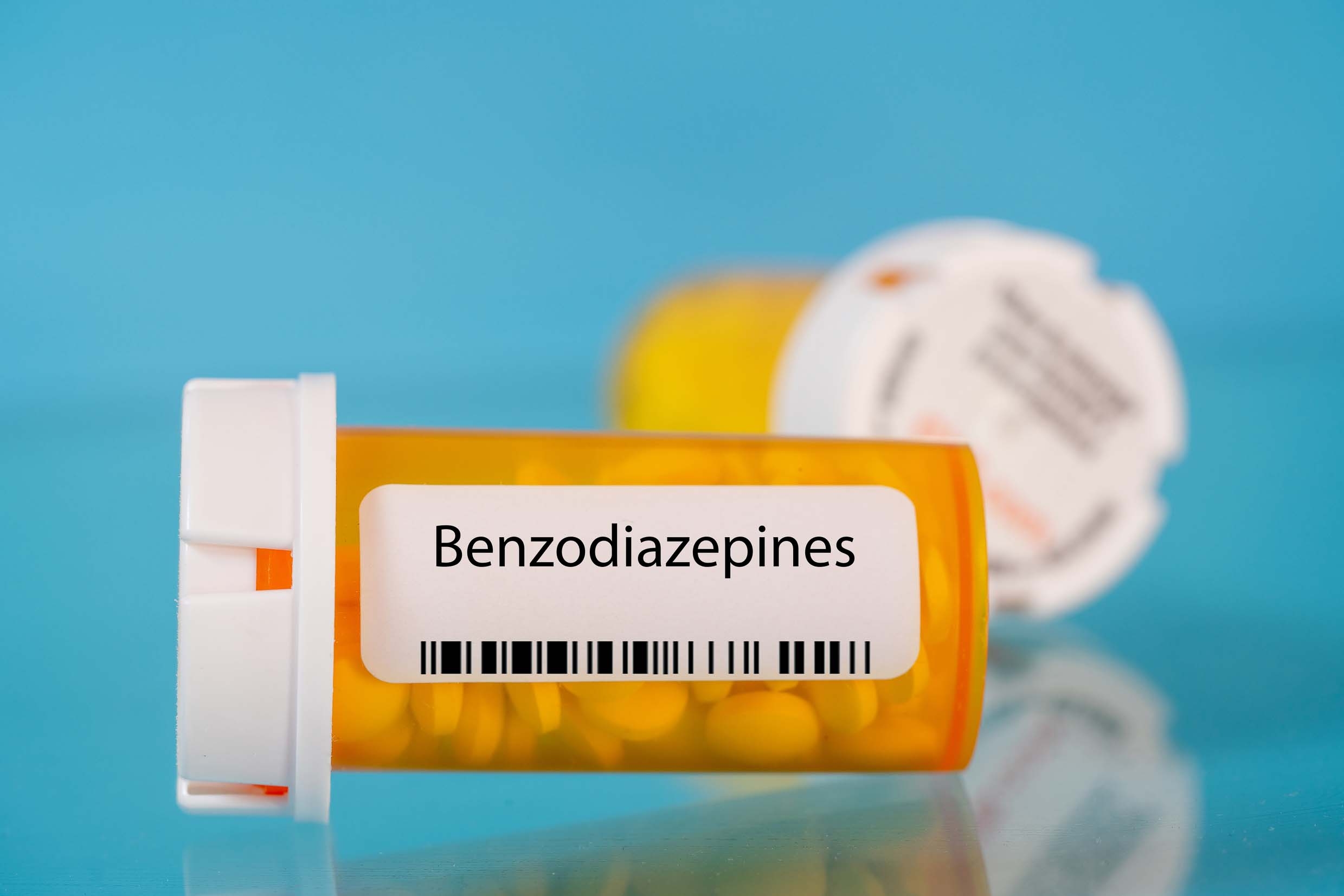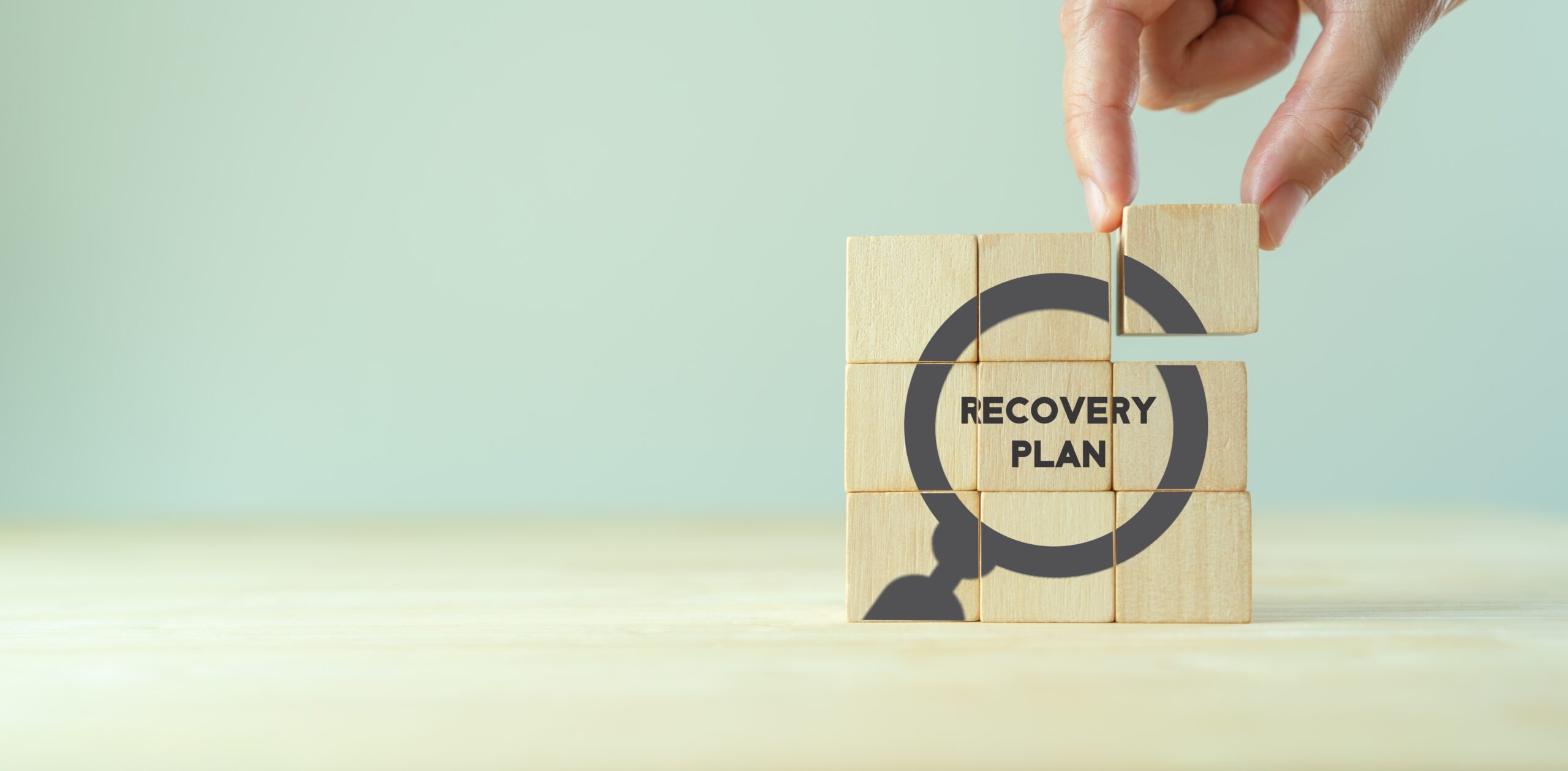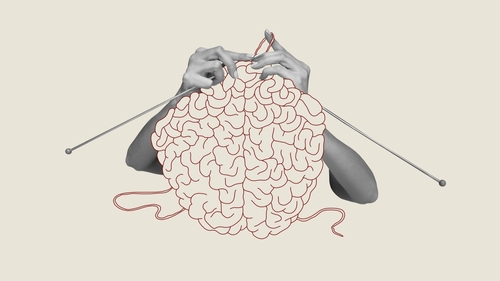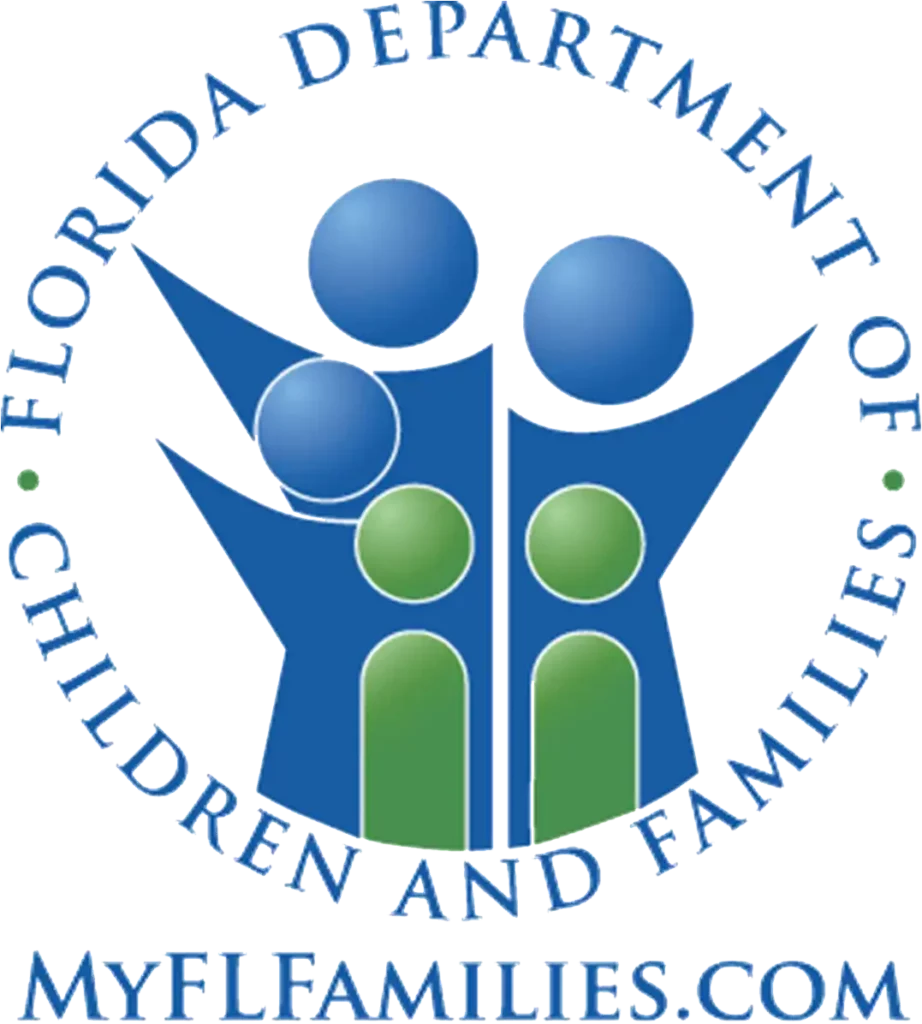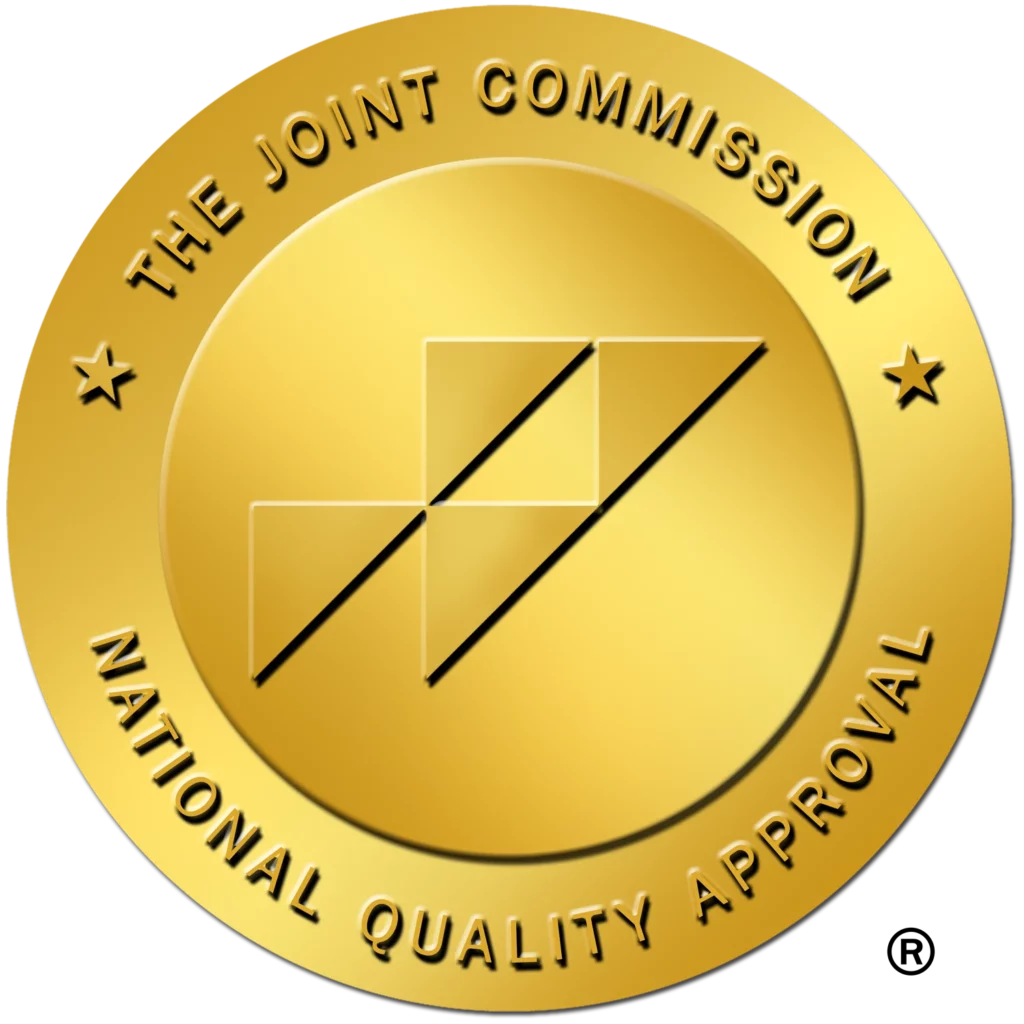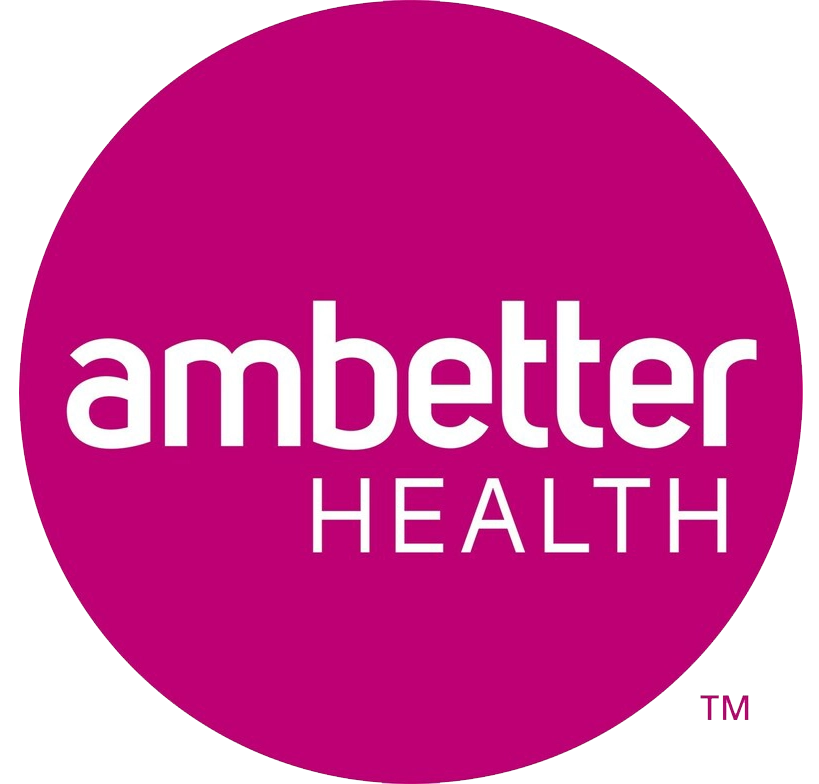13 Ways to Overcome Common Challenges in Early Recovery
This entry was posted in Addiction Recovery, Alcohol Rehab, Drug Rehab, Mental Health and tagged common challenges in early recovery, early recovery on December 05, 2021 by Justin Baksh, MS, LMHC, MCAP, Chief Clinical Officer.

Drug and alcohol rehab centers have an amazing success rate – while patients are enrolled in them. The true test is what happens afterward, as early recovery is a delicate period. Without proper attention, relapse can become a strong possibility.
“A few months into my newfound sobriety, I was back home and feeling pretty good. But I had stopped going to 12-step meetings because they never felt right to me, and I hadn’t yet begun to do the hard work of rebuilding some of the friendships I had messed up during the darkest days of my substance use disorder. Add to that the fact that I hadn’t yet found a new therapist to talk about my anxiety disorder with and, well, I had a relapse the weekend after Thanksgiving.” – Irina G. (Gonzalez, 2019)
How can we make such life significant changes yet keep bad habits at bay? Although it may not be easy, many have succeeded in staying strong in early recovery. Here is how to stack the odds in your favor:
- Find an aftercare program: Find an aftercare program that fits with your lifestyle. Nighttime intensive outpatient programs (IOPs) could be the answer. If you work at night, there are many daytime programs available as well. Aftercare programs offer the best of both worlds. You continue receiving addiction treatment from a qualified drug rehab, while keeping your job and other commitments as well.
- Get help for underlying conditions: For many people, depression, anxiety, or another mental health condition was a driving force behind their addiction. If that is true for you, you’ll need to continue treatment for these conditions. Following aftercare in the form of IOP, you can continue with outpatient treatment of one to three hours a week. You’ll also need to continue any prescribed medications as well. Keeping mental health conditions under control goes a long way toward staying strong in early recovery.
- Avoid old habits: Old people, places, and things can lead to old choices. If you are a recovering alcoholic, for example, and you used to indulge too much at a sports bar while watching a game with friends, it may be best to skip those meetups. Alternatively, you could host an alcohol-free gathering at your house. Also, if you would normally drink alone after work, go to the gym, your nighttime IOP class, or to a 12-step meeting instead.
- Find new things to enjoy: Being sober or clean does not mean the end of fun. There are many ways to enjoy life, from hitting the beach or fishing to bowling, going to a trampoline park, and more. Early recovery is an opportunity to get in touch with what you enjoy, apart from drugs and alcohol. You can start volunteering, attend church, try a new 12-step meeting or even go for a walk around your neighborhood. An alumni meeting or event at your drug and alcohol rehab is a great option, too. Keep trying new things until you find the ones you really love doing.
- Stick to a routine: A routine is so important in retaining the gains you have made in early recovery. Having a routine does not mean you cannot incorporate some of the things you have found you enjoy. It simply means that every day has a plan. You don’t have too much downtime or have to think too much about what to do next.
- Go to bed earlier: It’s no secret that the later you are up, the higher your chance of making poor decisions. It’s about HALT: Don’t let yourself get too hungry, angry, lonely, or tired. As you grow tired later it in the day, your resolve also wanes. Therefore, getting to bed earlier for more sleep is a reasonable solution to incorporate into your new routine.
- Indulge in self-care: Speaking of HALT, eating well can help you maintain sobriety in early recovery. Regularly scheduled meals should be a part of your routine, and so should time to plan and prepare those means – so that you don’t end up in the drive-through. Meal services abound. Having nutritious, healthy meals delivered to you every week can save you money and time. You should also make time to exercise. Not only does it help you to stay focused on your goals and occupy your time, but you feel better about yourself after a good workout. It’s also a great stress reliever, which is why many people battling addiction recommend you do it on your lunch break or after work.
- Multitask: One reason we give into our addictions is because we cannot take our mind off them. The problem is that, sometimes, you can’t focus on one task. You mind tends to stray if not fully occupied. For example, sitting at home watching a movie you’ve seen a dozen times isn’t a distraction. Instead, try watching that movie while doing a puzzle or playing a game on your phone. The more distractions you give yourself, the more distracted you are from your addiction.
- Eliminate stress: Reducing stress is easier said than done. Yet it can be an impetus for relapse, so this is the time to put those early recovery skills into practice. The number one stressor for Americans is money: 73% ranked it at the top in a recent Capital One survey (White, 2021). Carefully budget yours so that you have enough to pay essential bills – or pay them first, directly after getting paid. You may also choose to remain in a sober living home in early recovery, so that the structured environment (and cheaper rent) relieves some stress on your finances.
- Plan ahead:The weekend is a time to relax and enjoy yourself. However, many find the weekend to be problematic because they have more free time on their hands. Make your plans for the weekend earlier in the week so that you are not sitting at home, alone and bored. Boredom, isolation and loneliness are all drivers of relapse. In early recovery, planning ahead is vital to maintaining your sobriety.
- Talk to friends and family: There is no shame in having a condition that requires you to get help. The strength it takes to battle this condition is amazing and you have that within you. However, you should never feel like you battle it on your own. One reason people fall back on their poor habits is that they have not been open with friends and family about their battles and they try to avoid standing out, especially while socializing. Take the time to talk to your friends and family about what you’re going through. They can be a compassionate ear if you are struggling.
- Find support online: You may not want to be that person who calls a friend at 11 pm to talk about their struggles and how they need help. If you have a sponsor, they will understand. If not, there are online options that are equipped to assist you. Online counselors offer telehealth services that can help you reduce the amount of stress you are experiencing because of loneliness. They are very supportive and can be a reliable resource if you are beginning to struggle. The Internet never sleeps, and Facebook groups, Reddit threads, and other online support sources are always available as well.
- Take a social media break on weekends: People rarely realize the impact social media can have on their mood. It seems odd, but plenty of studies show a direct link between depression and scrolling on social media. Think about the last time you were home alone on a Friday night. Did you enjoy scrolling through social media, seeing everyone you follow or are friends with posting about how much fun they are having? Of course not, so take a break from these apps over the weekend and just enjoy activities you have planned.
Whatever you do, do not let yourself drift back into your old lifestyle. Realize that, in early recovery, you are more vulnerable – not only to relapse but also to overdose due to a loss of tolerance.
It’s a sad cycle. But it is also one you do not have to succumb to… there are many people out there who understand and can help you move through early recovery into a new, solid life in sobriety.
Whether it is your therapist, alumni from your drug and alcohol rehab, a sponsor or a friend or family member, do not be afraid to reach out to them. You would be amazed at how many people are ready and willing to help keep you on the right path.
RELATED: Rehab After Work: How it Can Work for You
5 Steps to Successfully Going Back to Work After Rehab
Do You Ever Get Over Addiction?
Sources
Gonzalez, I. (2019, November 20). What it’s really like to have a relapse. The Temper. Retrieved December 5, 2021.
White, A. (2021, July 20). 73% of Americans rank their finances as the no. 1 stress in life, according to New Capital one creditwise survey. CNBC. Retrieved December 5, 2021.

